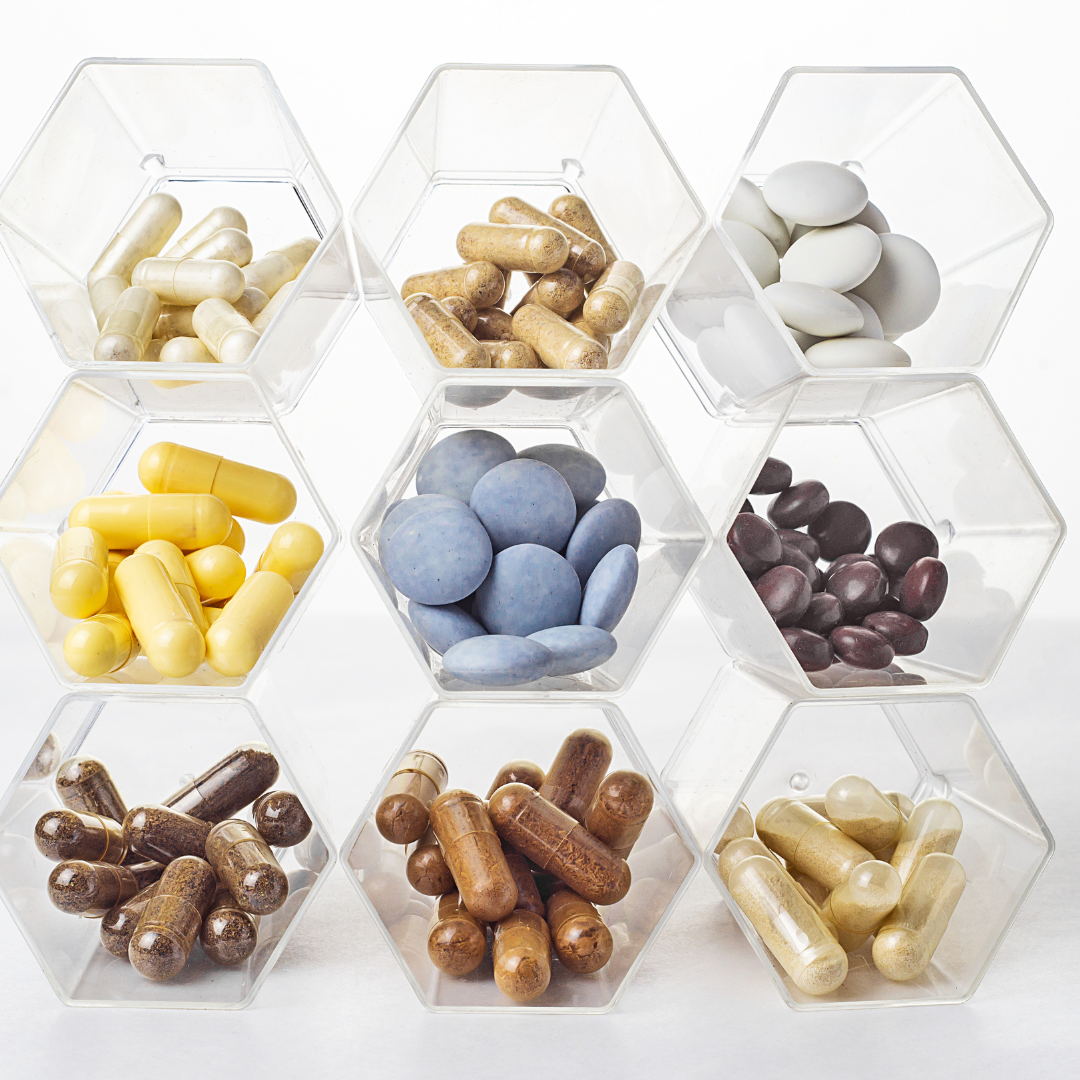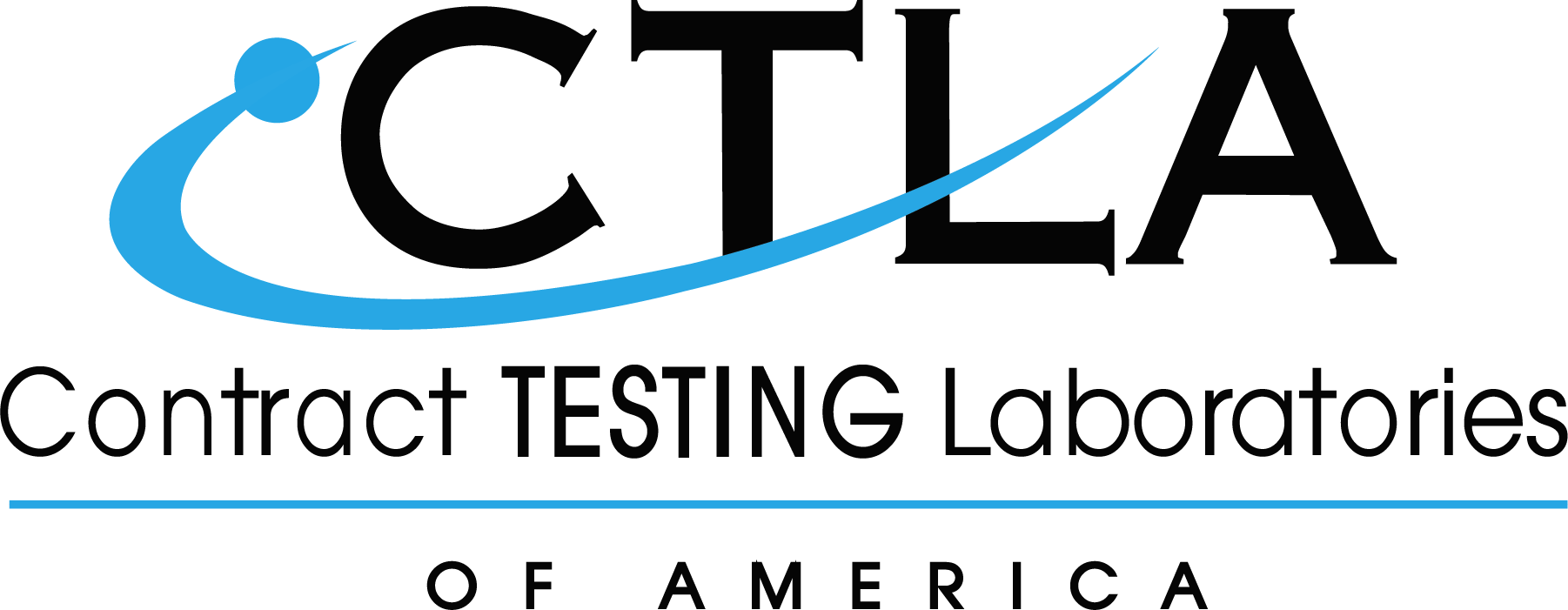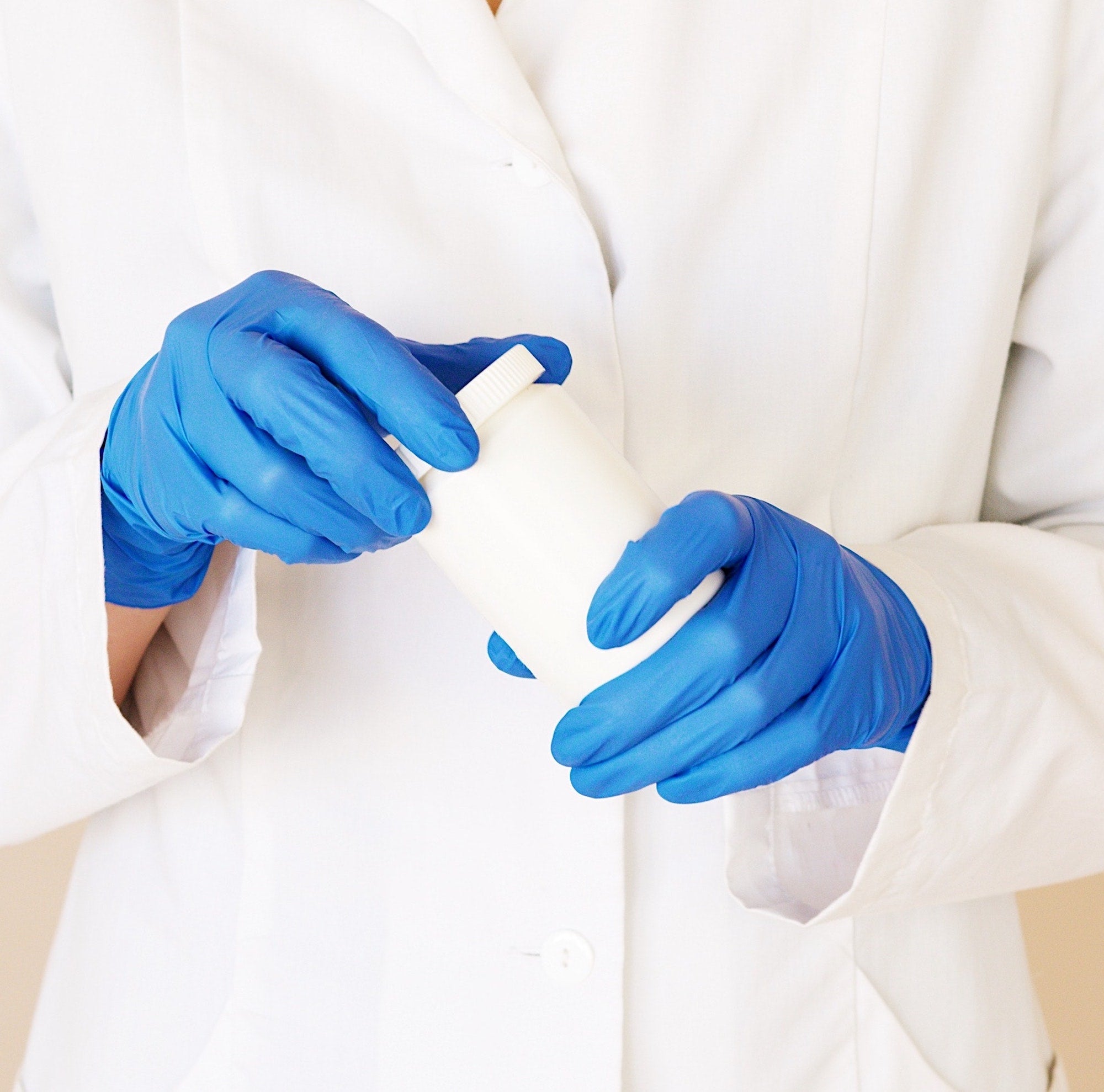
Certificate of Analysis for Food & Dietary Supplements
Certificate of Analysis (CoA) for Food & Dietary Supplements
A Certificate of Analysis (CoA) is a general term used across all manufacturing and commodity industries. For example, CoAs apply to manufactured car parts that are passed to an assembly plant as well as fresh food delivered to grocery stores or restaurants.
Regardless of the product type, a CoA is a legal document providing set standard proof that the product meets the client’s required criteria. When a person buys something (as an individual or as a business), there is an expectation of what it does and does not contain and how it functions.
A CoA is the official way to:
Identify the Product
Think about how many raw materials, parts, and products are shipped and received daily. If you work in a bakery, you do not want to confuse salt with sugar. Salt and sugar have the same visual and textual appearance, leaving it easy to mistake one for the other. Having them clearly identified eliminates mix-ups and ensuing waste.
Determine Purity and Define the Quality for a Specific Batch or Lot
As hard as we try to make one batch of cookies exactly like the next, every batch will be ever so slightly different. Many things cause this, including differences in humidity and temperature, measuring, or purity of ingredients. The CoA documents that the purity and quality of a specific batch (lot) are within the client’s specified range.
Convey Conducted Laboratory Tests and Examinations (Based on Set Product Regulations and Standards), the Limitations of the Tests or Examinations, and the Associated Results
Every test conducted should be named, and the testing method should be stated (i.e. TLC, HPLC, FTIR, etc.). For each standard test and test method, the results must be given with the test date and acceptable parameters outlined.
There are several viable testing methods to determine the quality and purity of products meant for ingestion. Title 21 requires the brand owner and manufacturer to determine the appropriate and scientifically valid testing methods for the product.
Benefits of CoAs for Dietary Supplements and Foods
If you are in the dietary supplement or food industry, have you ever wondered, “Does my product need a CoA?” The Code of Federal Regulations Title 21 governs food, dietary supplements, and drugs. CoAs are part of the requirements to meet good manufacturing practices (GMP) as outlined by Title 21.
For food and dietary supplement finished products, a CoA provides the following four benefits:
- A high level of accountability with quality assurance.
- Saves money by reducing confusion, improving auditing, and decreasing product rejections and recalls.
- Generates profit by attracting and retaining increasingly educated consumers who demand higher quality, sustainably sourced products.
- Meets requirements set by some outlets, including CVS and Amazon (the largest outlet for dietary supplement sales).
Elements of a CoA per FDA Requirements for Dietary Supplements
Dietary supplements are regulated more like food than drugs. However, the Food and Drug Administration (FDA) and Title 21 Part 111 have specific CoA outlines for components and final products of dietary supplements. The work group for the Standardized Information for Dietary Supplements (SIDI) recommends the following information be included in CoAs for supplements:
- The Supplier’s and Manufacturer’s information. The information should include: name and contact information
- Material Identification: trade name, description, production date, lot no., and/or product code
- Quantity: The shipped amount given in weight.
- Evidence of Product Identity, Purity, and Quality: Name applicable regulations and standard tests, parameters, and actual test(s) dates and results. Testing should include, if applicable: Physical, Chemical, and Microbiological Tests.
- Other testing results or information as specified by the customer, including the expiration date or recommended re-evaluation date.
- Transportation date, customer name & address, item’s description, transportation authorization, and anticipated delivery.
- Signature: Reviewed by a qualified and authorized inspector and dated.
Contract Testing Laboratories of America (CTLA)
If you are wondering how to get a certificate of analysis for your food, pet food, dietary supplement, or personal care product, CTLA is an analytical testing laboratory ready to meet your needs. CTLA operates with ISO/IEC 17025:2017 accreditation, making us a reliable and competent third-party laboratory.
CTLA’s state-of-the-art laboratory provides full-service testing for the identification, safety, and concentration of raw ingredients and final products. We generate and substantiate CoAs with detailed attention to customer satisfaction, including accelerated testing upon request to meet tight turnaround times. In addition, we have streamlined processes to meet Amazon’s ISO/IEC 17025:2017 CoA documentation requirements.
CTLA provides CoAs via email to clients for immediate use. All CoAs are signed and dated by CTLA’s Quality Manager or Quality Assurance Specialist.
The cost for a CoA depends on the number and type of tests requested. Our team works closely with clients to determine the right tests for their products. We discuss testing options to meet Title 21 requirements with their associated pros and cons. Before conducting any test: all costs and fees are clearly outlined and client-authorized.
You concentrate on marketing your product. Let CTLA take care of the CoA for you. Contact us today.

Article by Jae O. Haroldsen
The content of CTLA’s website is for information only, not advice or guarantee of outcome. Information is gathered and shared from reputable sources; however, CTLA is not responsible for errors or omissions in reporting or explanation. CTLA gives no assurance or warranty regarding the accuracy, timeliness or applicability of the content.
Sources:
“Certificate of Analysis for Dietary Supplement Components: A Voluntary Guideline.” SIDI Workgroup. 2010. https://www.crnusa.org/sites/default/files/SIDI-archives/SIDI_WG_COAGuideline_V1-0_April-2010.pdf







